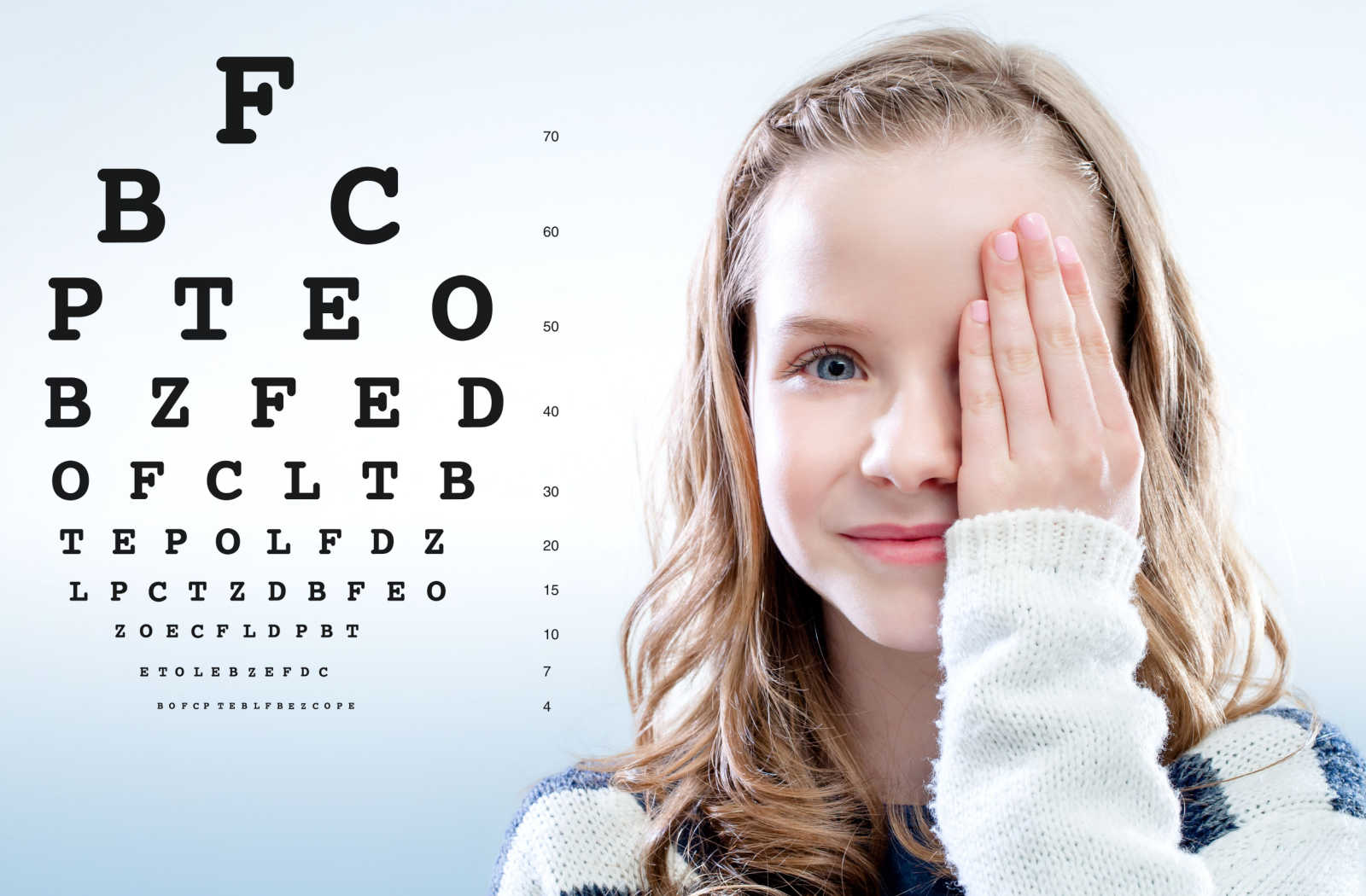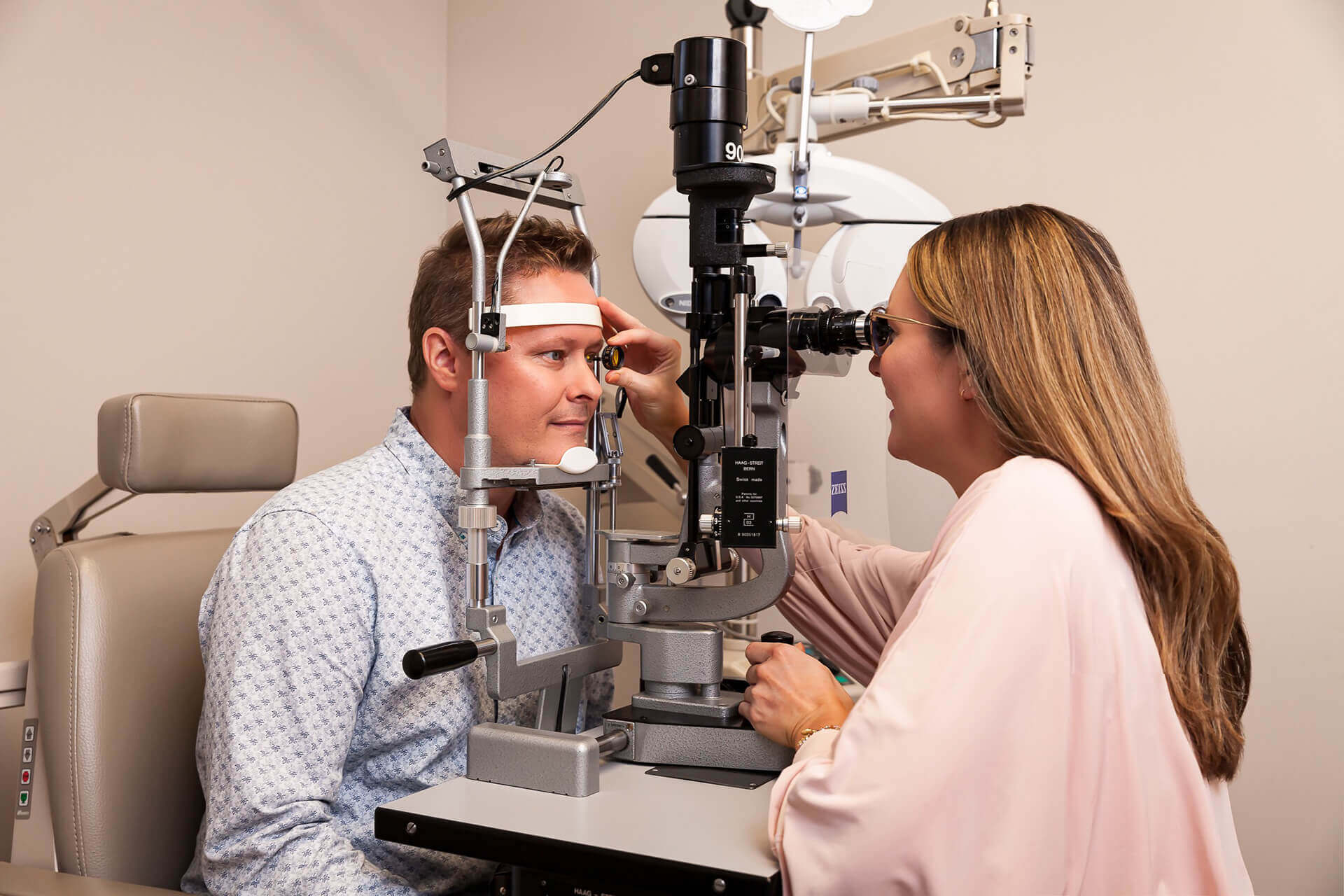Eye exams are important for maintaining your vision and eye health. They can help detect eye problems, such as refractive errors, cataracts, glaucoma, and macular degeneration, before they become serious or cause vision loss.
But how often should you get an eye exam? The answer depends on several factors, such as your age, risk factors, and current eye condition. Here are some general guidelines to help you decide when to schedule your next eye exam.

How Often Should one Get Examined?
Regular eye exams are essential for maintaining good vision and overall eye health. They can help to detect and prevent a variety of eye problems, including:
- Cataracts
- Glaucoma
- Diabetic retinopathy
- Age-related macular degeneration
How Often Should Adults Get Examined?
The American Academy of Ophthalmology (AAO) recommends that adults get an eye exam every two years. However, you may need more frequent exams if you:
- Are over 60 years old
- Have a family history of eye disease
- Have a chronic health condition, such as diabetes or high blood pressure
- Wear glasses or contact lenses
- Experience vision problems, such as blurred vision, eye pain, or headaches

What Happens During the Procedure?
- Review your medical history
- Perform a visual acuity test
- Check your eye pressure
- Examine your eyes for any signs of disease
What are the Benefits?
Regular eye exams can help to:
- Prevent vision loss
- Detect and treat eye diseases early
- Protect your overall health
How to Schedule an Appointment
To schedule an eye exam, contact your eye doctor or an ophthalmologist in your area. You can also find a list of eye doctors on the websites of the American Academy of Ophthalmology (AAO) and the American Optometric Association (AOA).
How to Prepare for an Appointment
To make the most of your eye exam, here are some tips to help you prepare:
– Bring your current eyeglasses or contact lenses, if you have any.
– Carry a list of any medications, supplements, or allergies you have.
– Bring your health insurance card and any vision benefits information, if applicable.
– If you are going to have your pupils dilated, bring sunglasses to protect your eyes from the sun after the exam. You may also want to arrange for someone to drive you home, as your vision may be blurry for a few hours.
– If you have any questions or concerns about your vision or eye health, write them down and bring them to the exam.
– Avoid wearing eye makeup or contact lenses on the day of the exam, as they may interfere with some of the tests.
Conclusion
Regular eye exams are an important part of preventive care. By getting an eye exam every two years, you can help to protect your vision and overall eye health.
Eye exams are essential for keeping your eyes healthy and your vision clear. They can help prevent, diagnose, and treat eye diseases and vision problems that may affect your quality of life. How often you should get an eye exam depends on your age, risk factors, and current eye condition.
Follow the general guidelines above, and consult your eye doctor for more specific recommendations. Remember to schedule your next eye exam today, and enjoy the benefits of good eye care.